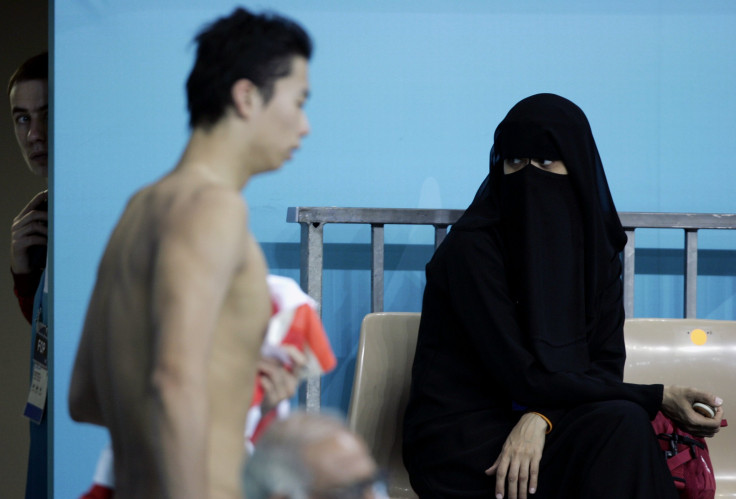Islam In Europe: Denmark City Pool Used By Muslims Bans Female-Only Swimming

Women-only swimming sessions at a public swimming pool predominately used by Muslim immigrants in Denmark have ended after nearly a decade. The Aarhus City Council voted to stop the practice Wednesday so “people learn it is natural to swim together,” according to local reports.
Prior to the 26-5 vote, the Gellerupbadet swimming hall in Denmark’s second-largest city offered hours where only females could swim in the pool every Saturday for nearly a decade. It was Denmark's first public pool to end the gender-based practice, Heat Street reported.
Politicians said any form of discrimination based on anyone’s preconceptions about gender have no place in 21st century Denmark.
In the Islamic religion, a woman in public and near men not part of her immediate family is required to wear a hijab that conceals her entire body, except for her hands and face. Many of the women who swam during the sessions lived in the nearby Gellerupbadet housing community, where 80 percent of the residents are from immigrant homes.
The council’s vote won’t stop the swimming sessions immediately due to pending lawsuits. The Danish Institute for Human Rights announced it was going to file a complaint with Denmark’s Anti-Discrimination Board to prove the swimming sessions were not forms of gender repression. Instead, the complaint pointed to the fact Muslim women wanted to participate in the female-only swimming periods on the basis of their religious beliefs.
“When you take away the opportunity you make it more difficult for ethnic minority women to use the swimming pool and participate in society. I believe that is problematic,” a representative of the Danish Institute for Human Rights, Maria Ventegodt Liisberg, told Ritzau News.
© Copyright IBTimes 2024. All rights reserved.





















